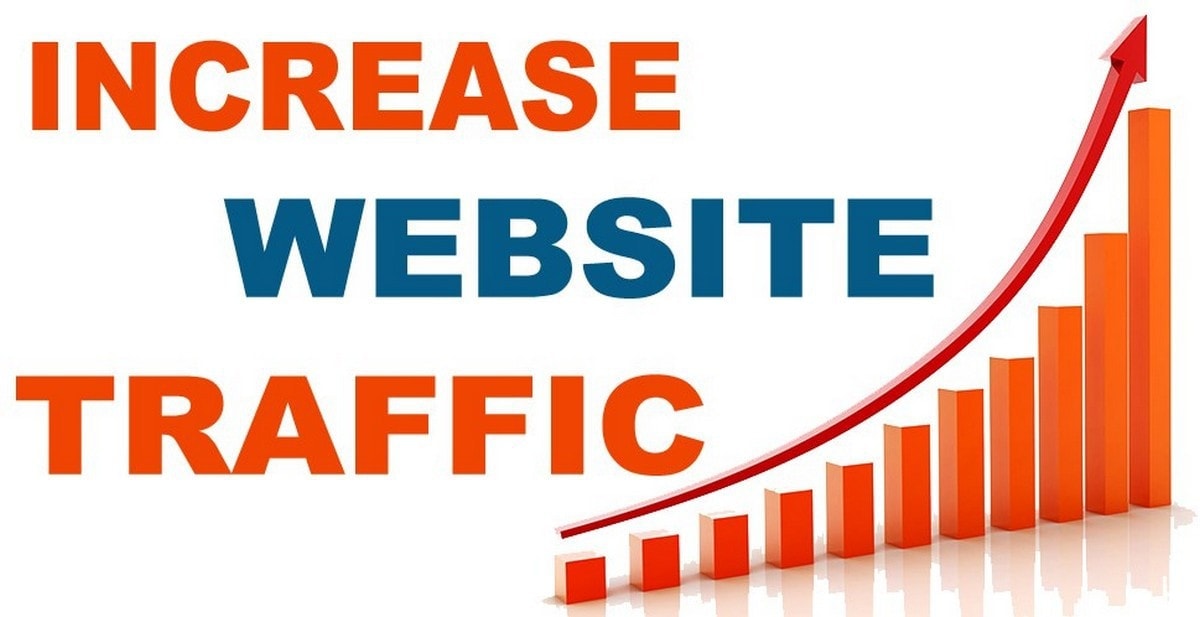Understanding Traffic On Website Ranking
In the digital age, having a website is not just a luxury; it is a necessity for businesses and individuals alike. The traffic on website ranking plays a pivotal role in determining the visibility and success of a site. More traffic typically indicates higher popularity and relevance, which can lead to better rankings on search engines. Consequently, understanding how traffic affects website ranking is crucial for anyone looking to improve their online presence.
Search engines like Google prioritize websites that attract significant traffic, as it often correlates with quality content and user engagement. Therefore, webmasters and marketers must employ effective strategies to drive traffic to their sites, enhancing their chances of achieving higher rankings. In this article, we will explore the connection between website traffic and ranking, delve into methods to boost website traffic, and answer some common questions surrounding this topic.
Ultimately, the goal is to convert traffic into leads, sales, or engagement, depending on the website's objectives. As we dissect the nuances of traffic on website ranking, we will also provide insights into optimizing your website for better performance. So, whether you are a business owner, a blogger, or an aspiring influencer, read on to discover how you can harness the power of traffic to elevate your website's ranking.
What is Traffic on Website Ranking?
Traffic on website ranking refers to the number of visitors a website receives and how this influences its position on search engine results pages (SERPs). The more traffic a website generates, the higher it tends to rank in search results. This traffic can come from various sources, including organic search, social media, referral links, and direct visits.
Why is Traffic Important for Website Ranking?
Traffic is critical for several reasons:
- It indicates website popularity and relevance.
- Higher traffic can lead to increased backlinks, further enhancing SEO.
- Websites with substantial traffic often enjoy better user engagement, reducing bounce rates.
How Does Search Engine Optimization (SEO) Impact Traffic?
SEO is the process of optimizing a website to rank higher in search engine results. Effective SEO strategies can significantly increase traffic, thus impacting website ranking. Key components of SEO include keyword optimization, quality content creation, and technical enhancements.
What Factors Affect Traffic on Website Ranking?
Several factors can influence traffic on website ranking, including:
How Can You Increase Traffic on Your Website?
To boost traffic on your website, consider the following strategies:
- Utilize Social Media: Leverage social media platforms to share your content and engage with your audience.
- Implement SEO Best Practices: Optimize your content with relevant keywords and meta descriptions.
- Guest Blogging: Write guest posts for other blogs to reach wider audiences.
- Engage in Email Marketing: Build an email list and send newsletters to keep your audience informed.
What Tools Can Help Analyze Traffic on Website Ranking?
There are various tools available for analyzing traffic and its impact on website ranking:
- Google Analytics: Provides insights into website traffic sources, user behavior, and demographics.
- SEMrush: Offers comprehensive SEO tools to track keyword rankings and traffic trends.
- Ahrefs: Focuses on backlink analysis and competitor traffic research.
What Role Does User Experience Play in Website Traffic?
User experience (UX) significantly influences traffic on website ranking. A site that is easy to navigate, visually appealing, and provides valuable content is more likely to retain visitors. Factors that contribute to a positive UX include:
- Intuitive navigation
- Responsive design
- Engaging visuals and multimedia
- Clear calls to action
How Can You Measure the Success of Your Traffic Strategies?
To determine the effectiveness of your traffic strategies, you can measure various metrics, such as:
By continuously monitoring these metrics, you can adjust your strategies to enhance traffic on website ranking and overall site performance.
Conclusion: The Path to Improved Website Ranking
In conclusion, traffic on website ranking is an essential aspect of online success. By understanding the relationship between traffic and ranking, and implementing effective strategies to drive traffic, you can significantly improve your website's visibility and performance. Remember, the key to sustained traffic lies in providing quality content, optimizing for user experience, and continuously analyzing your efforts. Embrace the journey of enhancing your website ranking through increased traffic, and watch your online presence flourish.



ncG1vNJzZmixn6PAtr7IZqWeq6RjsLC5jpycpZ2Sp7a1xZBtZq2qkZuzqq%2BMqKVmr5WXwKrAxGapmqabnruoesetpKU%3D